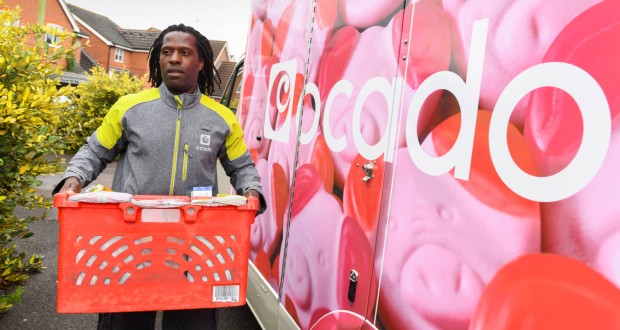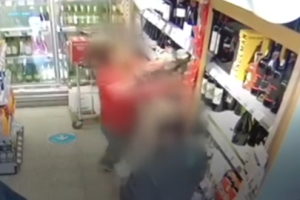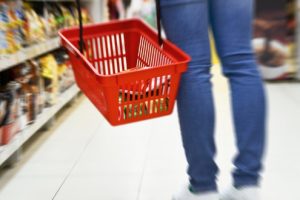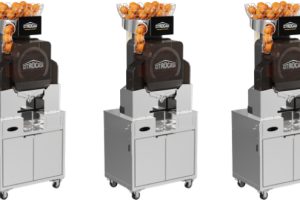In addition, it plans to open more than 12 Zoom sites expanding its immediacy proposition across London and major UK cities.
The plans were included in M&S’ results for the 52 weeks ended 3 April, in which M&S Food delivered a “strong” like-for-like sales growth of 6.9%. Total sales were down 0.6% and operating profit before adjusting items of £213.6m reflected the “negative effects of product mix”.
M&S said the trading impact on its convenience and hospitality businesses, together with the effect of Covid-related costs, was only partially offset by government support and cost-saving programmes.
The retailer said the sales growth was delivered in the face of further additional headwinds, including the exposure to office and shopping centre locations. Lockdown also resulted in “steep declines” in convenience categories such as food-to-go and initially in prepared meals given reduced footfall as customers switched to home cooking. However, M&S said the repurposing of space towards core categories such as grocery, household, and meat, fish and poultry, together with the continued transformation of its ranges and value position helped to offset the loss of convenience trade.
Ocado Retail delivered 43.7% revenue growth over the 52 weeks ended 28 February 2021 and contributed a share of net income of £78.4m in an exceptional period for the business and following the switch to M&S supply. M&S lines consistently make up more than 25% of the Ocado basket, outperforming Waitrose, the retailer said. The next stage is to grow capacity by about 50% in the next 18 months.
M&S Food incurred extra costs of £49.4m to support customer and employee safety during the pandemic and £22m to incentivise non-furloughed colleagues. In addition, £9.9m of costs were incurred as a result of Brexit. M&S said it is working on longer-term initiatives including a review of European business models, local sourcing, and re-routing product through European hubs.
The retailer is in the process of renewing its food stores to create “larger stores with the efficiency of a supermarket and the ‘soul’ of a fresh food market”. This has now been implemented in 15 stores, with current year openings and renewals raising the total to around 40. These stores offer increased produce, bakery, ambient grocery, and frozen ranges. The retailer said the initial trial stores outside Covid affected city centres grew sales 15% last year.
In addition, the retailer said it has reduced marketing spend and promotional activity substantially, but its investment on social media and digital marketing has increased by around 35% on last year.
Steve Rowe, chief executive at Marks & Spencer, said: “In a year like no other we have delivered a resilient trading performance, thanks in no small part to the extraordinary efforts of our colleagues. In addition, by going further and faster in our transformation through the Never the Same Again programme, we moved beyond fixing the basics to forge a reshaped M&S. With the right team in place to accelerate change in the trading businesses and build a trajectory for future growth, we now have a clear line of sight on the path to make M&S special again. The transformation has moved to the next phase.”
 Talking Retail Grocery and product news for independent retailers
Talking Retail Grocery and product news for independent retailers






